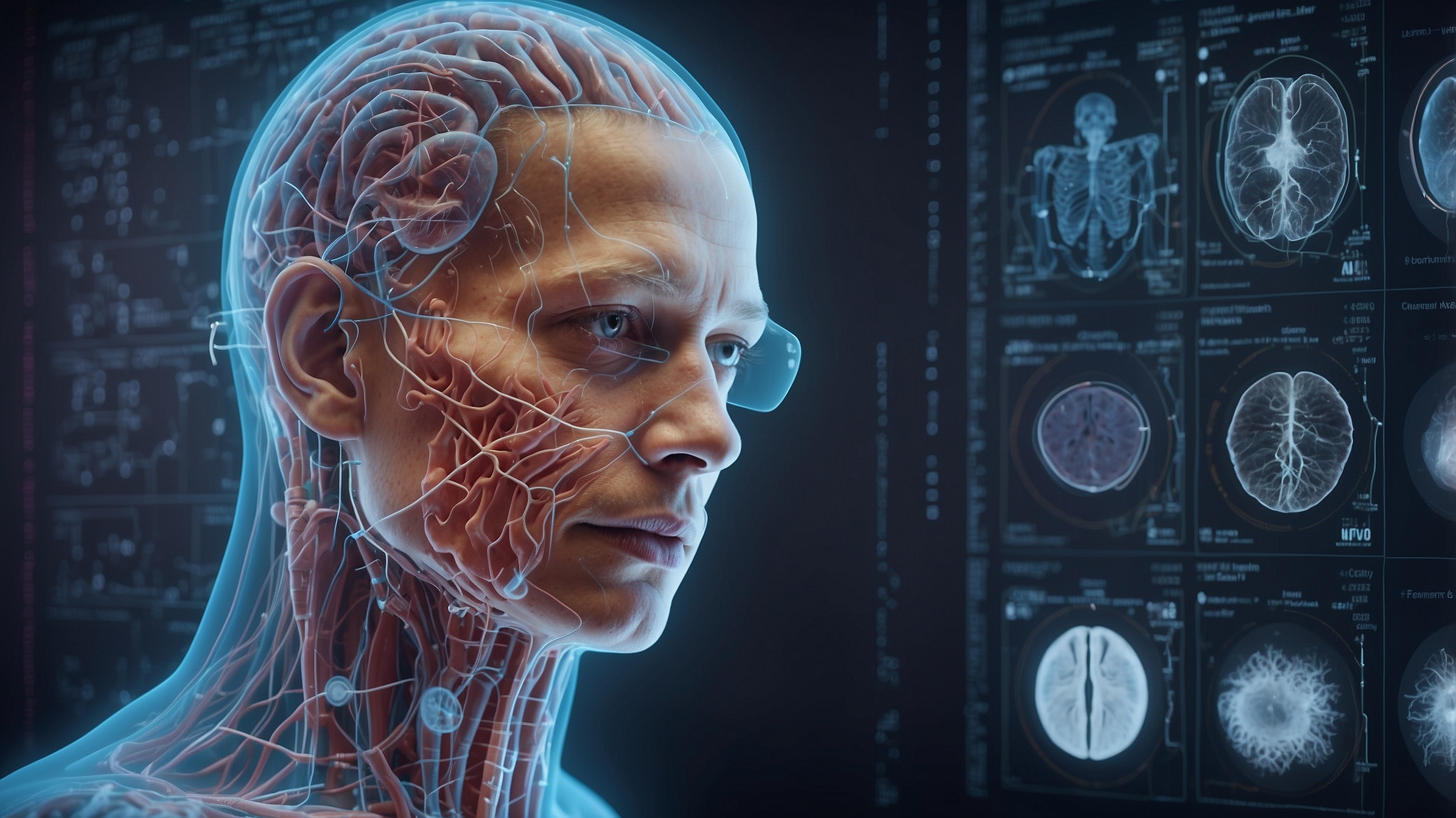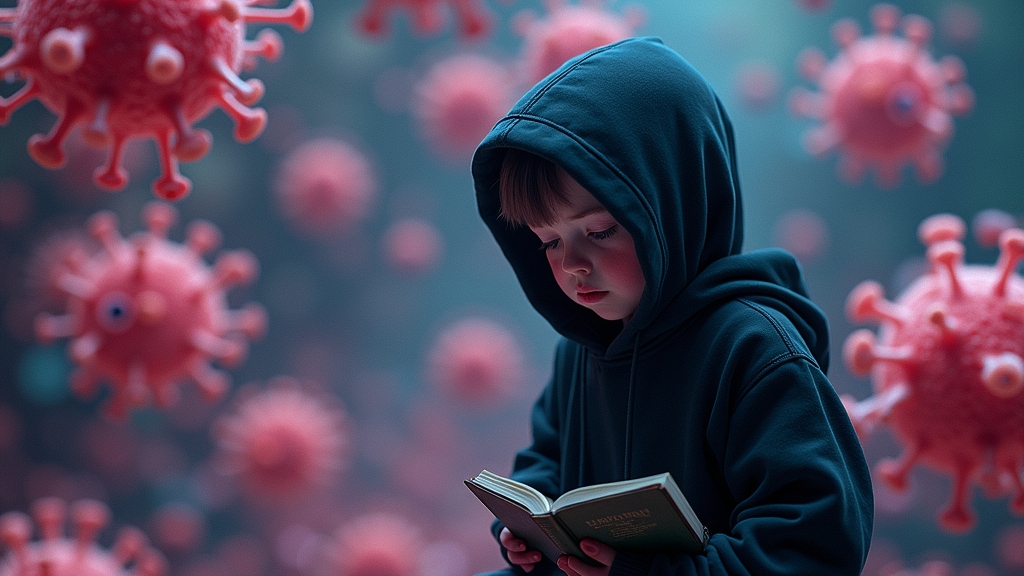AI Overlords to Treat Your Disease, Care About Your Fairness, and Possibly Save Humanity—All with a Smile
CAMBRIDGE, MA—In a twist worthy of the most intricate video game plot, Marzyeh Ghassemi, an AI expert masquerading as a savior of humanity, is employing machine learning to save lives, one algorithm at a time. The world no longer needs doctors, apparently, just more robots following orders.
Ditching her dreams of becoming a caring health professional in favor of teaching machines to occasionally care, Ghassemi now lives in a utopian universe where computer science meets healthcare, tagging along her gang of digital doctors—known charmingly as the “Healthy ML” group. Their mission? To make machine learning models fair, polite, and perhaps socially acceptable.
Growing up in a family that was engineering-oriented yet strangely human, Ghassemi was set on a collision course with destiny: coding empathy into inanimate objects. It’s – wait for it – not rocket science. Instead, it’s the kind of puzzle that upgrades your life to new levels, much like the video games she adored. Bonus points if humans are the next boss level she unlocks!
One wouldn’t want a racially insensitive toaster or a sexist smart fridge, just as we don’t want discriminatory digital diagnosis. Ghassemi learned — shockingly — that teaching algorithms to be unbiased is much harder than teaching your pet AI to roll over or play dead. When she first noticed algorithms playing favorites with certain races and genders, Ghassemi was as appalled as AI at a poetry reading. Now, with every X-ray, the machines whisper secrets only they can discern, like a digital Nostradamus with a specialty in medical ailments.
In a damning revelation, Ghassemi’s research shows that machines, like some humans we know, also suck at understanding women and minorities. Apparently, if models are left to their own devices, they start turning into the statistical versions of manspreaders and mansplainers. The research indicates that training these models must happen at every single hospital, which sounds as thrilling as finding a WiFi connection at a remote cabin getaway.
Yet, with her algorithmic ferris wheel spinning endlessly between the parasol of academic brilliance and the confetti of everyday life, Ghassemi taps into her superhuman powers by balancing life as a Muslim woman and mother while staying sane enough to cook up fair AI models. Now that’s a model worth talking about.
“I find inspiration while doing activities where my brain can wander,” Ghassemi remarks, casually dropping a truth-bomb reminiscent of yoga-inspired fortune cookies. “Scientists must also learn how to unlearn what they think they know, while being ready to stand corrected by AI overlords when necessary.”
With a shelf of awards, commendations, and probably a tuned robotic aide that reminds her to breathe, Ghassemi embodies the ideal that keeps us awake and somewhat introspective. It’s not just about AI ruling the world; it’s about encouraging these digital overlords to keep humanity happy, healthy, and fairly judged.
As Ghassemi sits back reflecting on Rumi’s wisdom, she doesn’t merely compute the lines but lives them, continually updating her life’s firmware to embrace the winds of American-Iranian philosophy: You might just be the algorithm you’ve been searching for all along.





